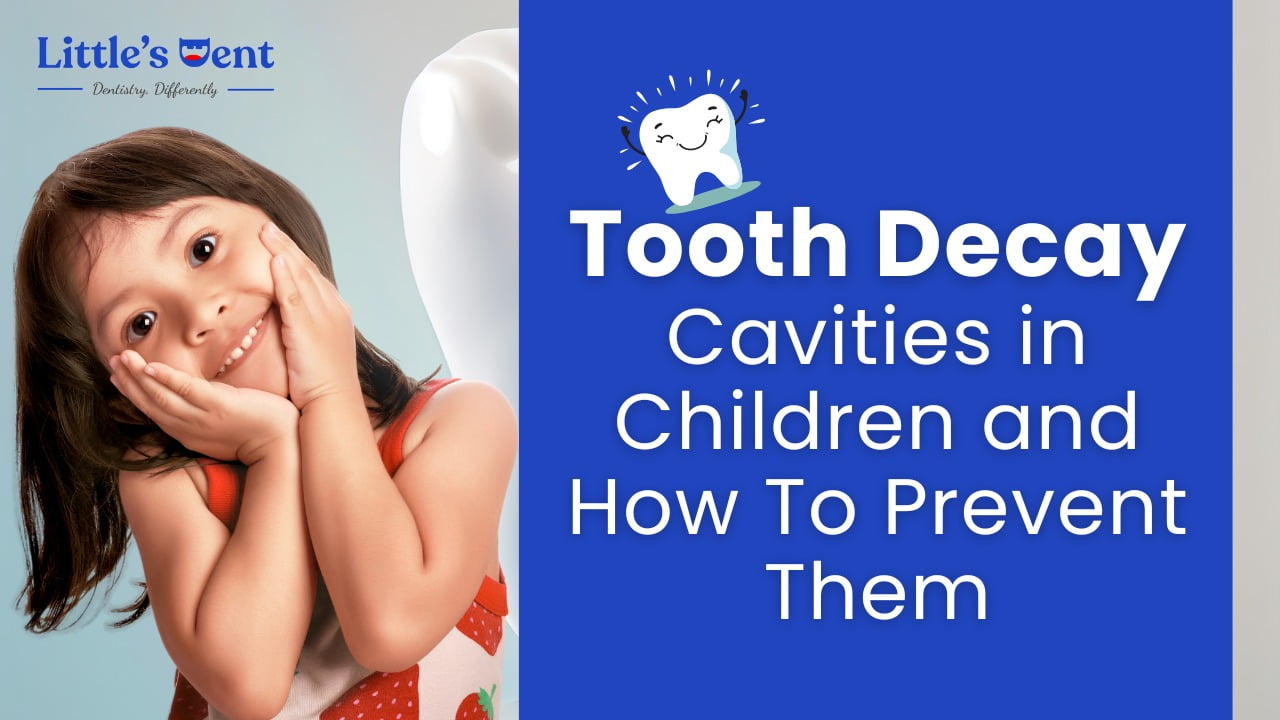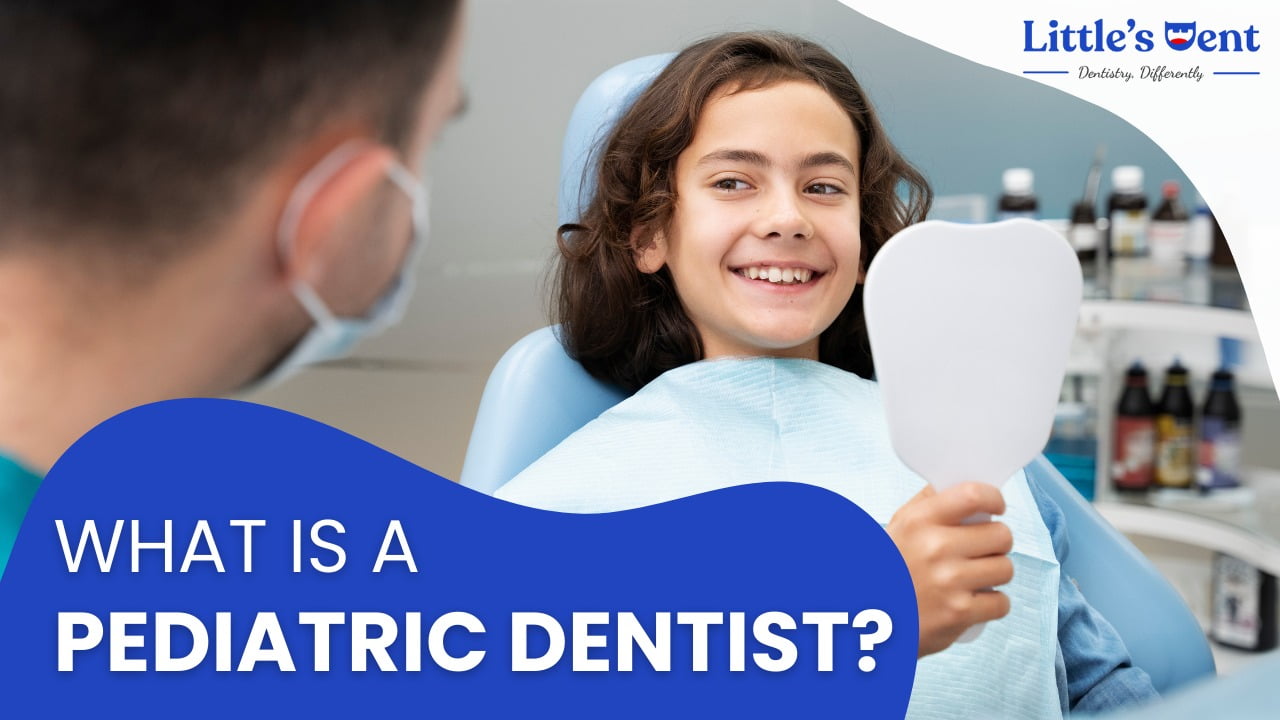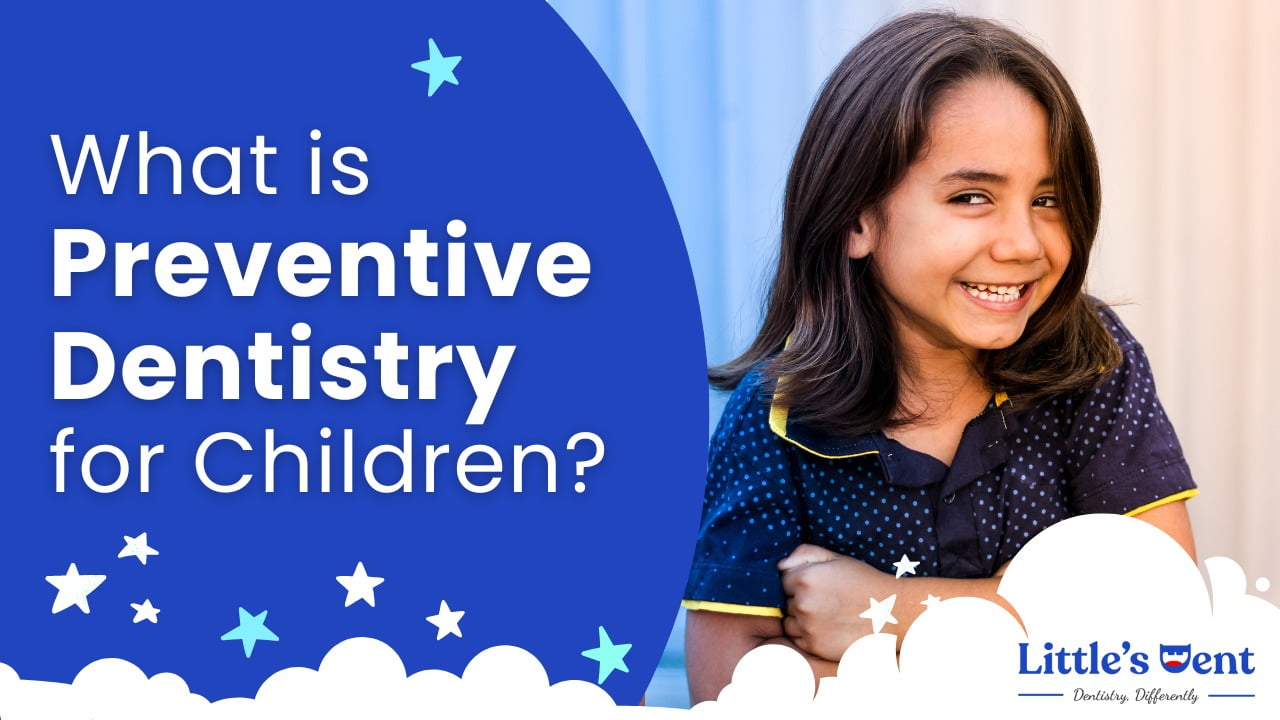Tooth decay, also known as cavities, is a common problem among children. It is caused by the buildup of plaque and bacteria on the teeth, which produce acid that erodes the enamel. Cavities can lead to pain, infection, and even tooth loss if left untreated.
In this guide, we will discuss various aspects of teeth damage. This includes the causes of cavities in children and the steps that can be taken to prevent them. With proper oral hygiene, regular dental check-ups, and a balanced diet, it is possible to keep children’s teeth healthy and free from decay.
Understanding the importance of preventing cavities is crucial in ensuring that children have a lifetime of good oral health.
What is the Meaning of Cavity?
Cavities, also known as tooth decay, are a common oral health problem among children. They are caused by the buildup of bacteria in the mouth, which produce acids that can erode the enamel and dentin of the teeth. If left untreated, cavities can cause tooth pain, infection, and even tooth loss.
What are the Causes of Teeth Decay in Children?
Cavities in children are caused by a combination of factors, including diet, oral hygiene, and genetics.
- The main cause of cavities is the accumulation of tooth plaque. Plaque is a sticky film of bacteria that forms on teeth when sugar and carbohydrates from food and drinks mix with saliva.
- Poor oral hygiene, such as not brushing and flossing regularly, allows plaque to build up and can lead to cavities. A diet high in sugar and carbohydrates also increases the risk of cavities.
- Genetics can also play a role in the development of cavities. Some people have a higher risk of cavities due to the structure of their teeth, the amount of saliva they produce, or other factors.
How are Cavities Treated in Children?
Decayed teeth treatment can be done in several ways, depending on the severity of the decay.
- Fillings: For mild to moderate decay, a pediatric dentist will remove the decayed portion of the tooth and fill it with a material such as composite resin or silver amalgam.
- Crowns: If the decay is extensive and threatens the structural integrity of the tooth, a crown may be necessary to protect and restore the tooth.
- Root canal: If the cavity has reached the pulp of the tooth, causing infection or pain, a root canal may be necessary to remove the infected tissue and preserve the tooth.
- Extractions: In severe cases, the dentist may recommend extraction of the tooth with a cavity. The dentist may then recommend options for replacing the extracted tooth, such as a dental implant or a bridge.
It is important to seek timely treatment for cavities in children to prevent damage and maintain good oral health.
5 Symptoms of Tooth Decay
- Sensitivity to hot and cold temperatures
- Pain when biting or chewing
- Visible holes or pits in the teeth
- Visible holes or pits in the teeth
- Bad breath or a bad taste in the mouth
4 Ways to Prevent Tooth Damage
- Establish good oral hygiene habits. This includes brushing and flossing teeth at least twice a day, using fluoride toothpaste, and visiting a children’s dentist regularly for cleanings and checkups.
- Limit the consumption of sugary and acidic foods and drinks. Sugars and acids are present in many common foods and drinks, including candy, soda, fruit juice, and sports drinks. These substances can lead to cavities in teeth.
- Fluoride treatments can also be an effective way to prevent cavities in children. Fluoride is a mineral that can be applied topically or taken systemically to strengthen the teeth and protect against decay.
- Educate children and parents about the importance of oral health and the steps they can take to prevent cavities. This can include teaching children how to brush and floss properly, encouraging them to visit the dentist regularly, and providing them with information about healthy eating and the dangers of sugary and acidic foods.
Tooth decay is a major concern for children and is preventable with proper oral hygiene and diet. Regular brushing, flossing, and dental check-ups are crucial in preventing cavities.
It is integral to not only know about the prevention of tooth decay but also the causes, symptoms, and treatment of the same. Parents and pediatric dental specialists should educate their children on the importance of oral hygiene and establish habits for a lifetime of healthy teeth.



